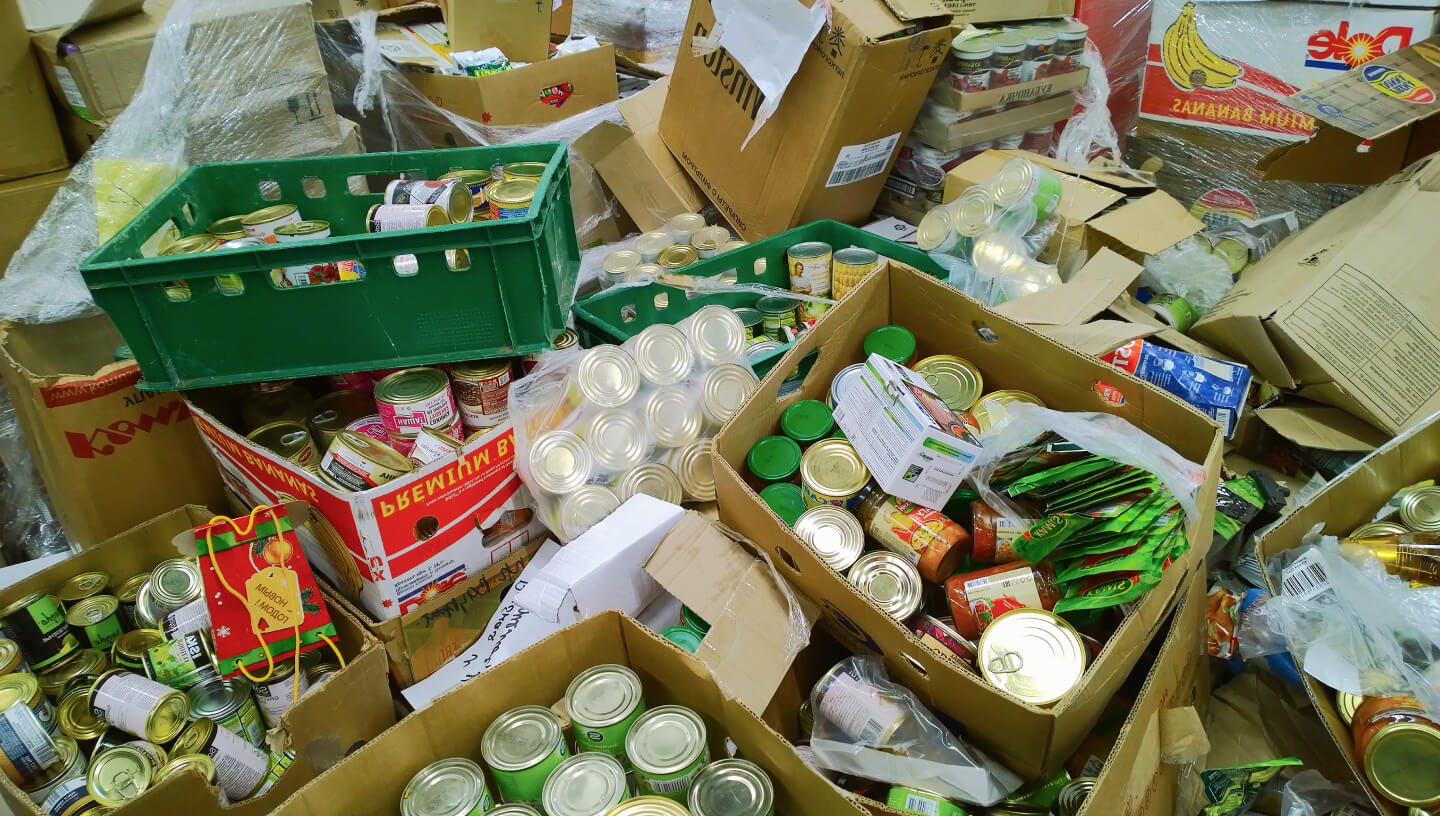 Photo by: NVS / iStock
Photo by: NVS / iStock
From time to time, businesses offer to hand over low-quality or counterfeit food products to citizens who do not have enough money to buy food. Some people think that they can feed these products to people (“what’s wrong with counterfeit goods — they’re fresh and beautiful, just sanctioned, and grannies don’t have money to buy them with their pensions”) and animals (“pigs will eat everything up”). But this is an attractive idea only as long as no one is poisoned or dies.
However, it is not permissible to leave the processes that are taking place in this segment today unattended. After all, poor-quality or counterfeit food is not just food waste, but also packaging waste, which everyone forgets about.
Information is also ignored that when such products reach the sorting lines, no one will take them out of their packaging, hence it is a “live” bomb for the landfill.
Transferring for disposal is complicated by additional financial costs and bureaucratic barriers, not to mention the fact that the law on substandard or counterfeit food is not the same as the one described in the Waste Act.
Such complications lead to a search for the least expensive and easiest option, and this turns out to be landfill. To prevent this, the process must be taken under control. The conflicting laws must be harmonised with the environmental agenda involving the Ministry of Agriculture, Rospotrebnadzor and the Ministry of Environment. They must work as a team, but not by “throwing the ball between each other”, but together to solve the problem of how to keep out what should not be placed in landfills.
Cover photo: SolStock / iStock








Comments